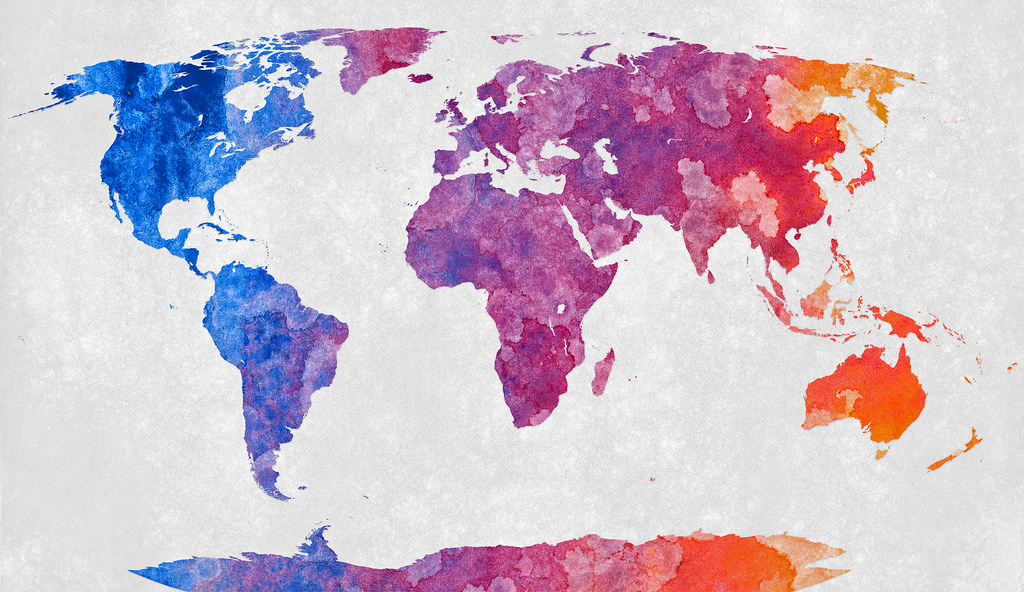 APPS
APPS
 APPS
APPS
 APPS
APPS
Few companies know more about their users than Facebook Inc., which is why governments around the world often turn to the social network to gather information about their citizens.
Facebook frequently provides that information within the confines of the law, and today the company’s latest Global Government Requests Report revealed that government requests for user data have reached an all time high.
According to the report, governments made more than 64,000 requests for user data between July and December 2016, which is roughly 9 percent higher than the number of requests for the first half of the year.
Once again, the United States took the top spot by a wide margin, and the other countries making up the top 10 for data requests included India, the United Kingdom, France, Germany, Italy, Brazil, Poland, Pakistan and Argentina.
While the total number of requests for user data is on the rise, Facebook was quick to point out that it does not comply with every government request. “As we have previously emphasized, we apply a rigorous approach to every government request we receive to protect the information of the people who use our services,” Chris Sonderby, deputy general counsel for Facebook, said in a blog post that accompanied the report. “We scrutinize each request for legal sufficiency, no matter which country is making the request, and challenge those that are deficient or overly broad. We do not provide governments with ‘back doors’ or direct access to people’s information.”
The percentage of requests honored by Facebook varies dramatically by country. For example, Facebook provided at least some user information for nearly 84 percent of the requests made by the U.S., but it provided information for only about 52 percent of the requests made by India.
![]()
In addition to government requests for user data, Facebook’s report also keeps track of how often governments request that specific content be removed from the social network. Content restriction requests actually decreased by 28 percent with the first half of 2016, dropping to fewer than 7,000 requests total.
The number of content restrictions was also significantly lower than the previous year. Sonderby explained that content restrictions on the 2015 reports were inflated by tens of thousands of requests made by France in relation to a single image from the Nov. 13, 2015, Bataclan terrorist attack in Paris.
As with user data requests, the number of content restrictions honored by Facebook varied widely from country to country, with Brazil, Turkey, Germany, India and France making up the top five. Meanwhile, Facebook said it made zero content restrictions in the U.S.
The full report, along with reports for previous years, is on Facebook’s Government Requests website.
Support our mission to keep content open and free by engaging with theCUBE community. Join theCUBE’s Alumni Trust Network, where technology leaders connect, share intelligence and create opportunities.
Founded by tech visionaries John Furrier and Dave Vellante, SiliconANGLE Media has built a dynamic ecosystem of industry-leading digital media brands that reach 15+ million elite tech professionals. Our new proprietary theCUBE AI Video Cloud is breaking ground in audience interaction, leveraging theCUBEai.com neural network to help technology companies make data-driven decisions and stay at the forefront of industry conversations.